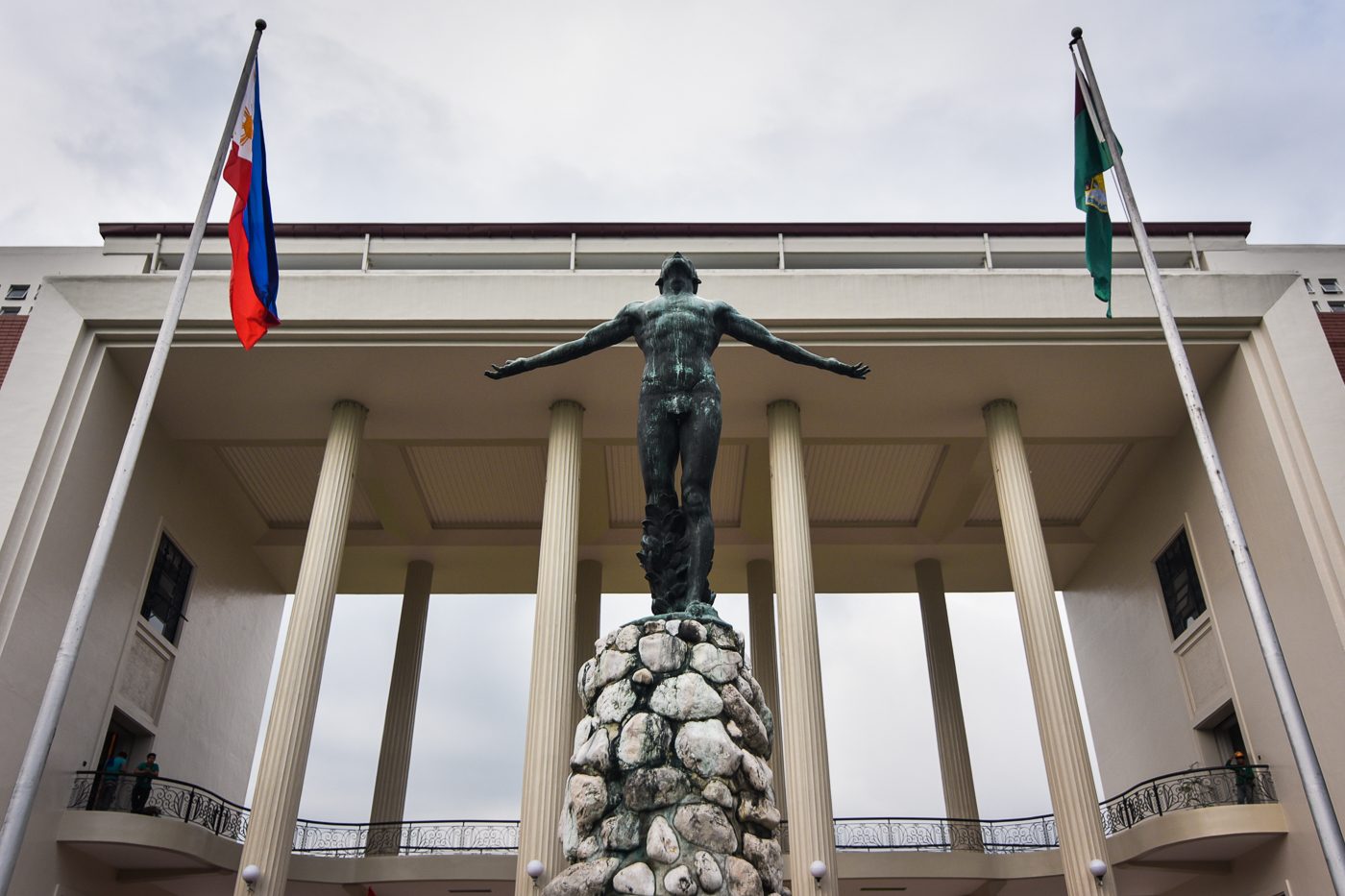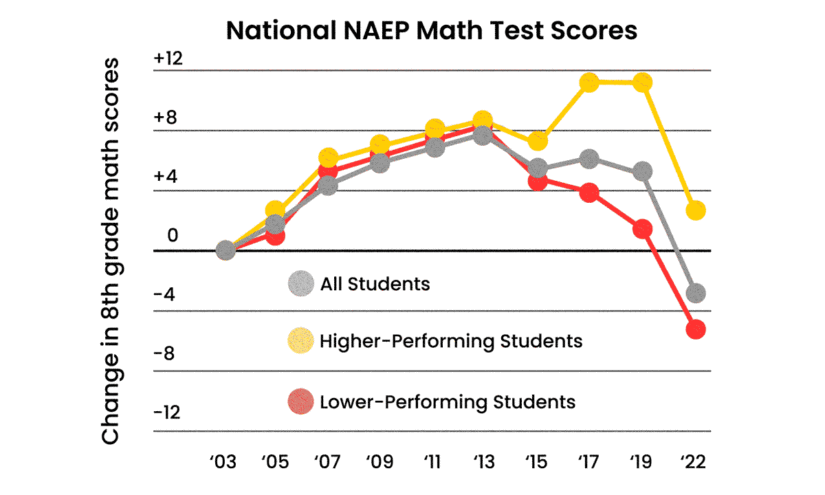Private schools leave NTF-ELCAC to uphold academic freedom.
The council cited the protection of academic freedom as a primary reason for its decision, amid criticism that its involvement promoted militarization in schools. COCOPEA plans to focus on urgent educational issues rather than insurgency matters, distancing itself from a task force criticized for red-tagging and harassment of activists.

COCOPEA Withdraws from NTF-ELCAC: A Stand for Academic Freedom
In a significant move that underscores the importance of academic freedom in a democratic society, the Coordinating Council of Private Educational Associations (COCOPEA), the Philippines' largest network of private schools, has officially withdrawn from the National Task Force to End Local Communist Armed Conflict (NTF-ELCAC). This decision, announced on February 2, 2025, comes after a brief but contentious three-month membership that sparked widespread criticism from student groups and education advocates.
Protecting Academic Freedom
COCOPEA, which represents over 1,500 private educational institutions, cited the preservation of academic freedom as the primary reason for its withdrawal. In a statement, the council emphasized that academic freedom is a cornerstone of democratic societies and must be safeguarded at all costs. "COCOPEA's withdrawal from the task force is of utmost significance in preserving the essentiality of academic freedom and the vital role it plays in a democratic society," the council declared.
The decision reflects COCOPEA's commitment to focusing on its core mission: advancing quality education and addressing urgent issues within the education sector. Legal counsel Joseph Noel Estrada highlighted that the council's priorities lie in tackling pressing educational challenges rather than engaging in matters related to insurgency.
A Controversial Partnership
COCOPEA's membership in NTF-ELCAC was first revealed in November 2024, when the task force's executive director, Undersecretary Ernesto Torres Jr., announced the council's involvement in combating "terror grooming" on campuses. This partnership immediately drew backlash from student groups and education advocates, who argued that it promoted militarization in schools and undermined the creation of safe and inclusive learning environments.
The controversy surrounding NTF-ELCAC is not new. Established in 2018 under former President Rodrigo Duterte, the task force has faced numerous allegations of red-tagging—the practice of labeling individuals or groups as communists or terrorists without evidence. Critics, including UN special rapporteurs and the Philippine Commission on Human Rights, have condemned red-tagging as a violation of the presumption of innocence and a threat to human rights.
A Balanced Approach
While COCOPEA has formally withdrawn its membership, the council has expressed its continued support for the task force's broader goals of unity, peace, and socioeconomic development. However, it has made it clear that future engagements will take place through external dialogue rather than formal membership. This approach allows COCOPEA to maintain its independence while contributing to initiatives that align with its values and objectives.
Undersecretary Torres acknowledged COCOPEA's decision, describing it as an "internal matter." He noted that the task force values its collaboration with the private education sector, particularly in advancing academic freedom and countering radicalization. Despite the withdrawal, Torres reaffirmed NTF-ELCAC's commitment to its campaign against violent extremism and the recruitment of young students into armed struggles.
Broader Implications
COCOPEA's withdrawal from NTF-ELCAC highlights the growing tension between educational institutions and government initiatives that are perceived to infringe on academic freedom. For many, this decision serves as a reminder of the critical role that schools and universities play in fostering independent thought, critical inquiry, and safe learning environments.
The move also raises important questions about the balance between national security and individual rights. While the task force's goals of peace and development are commendable, its methods have sparked widespread debate and calls for reform. COCOPEA's decision to step back from formal involvement reflects a broader push for accountability and transparency in government initiatives.
Moving Forward
As COCOPEA refocuses its efforts on addressing the challenges facing the education sector, its withdrawal from NTF-ELCAC serves as a powerful statement about the importance of academic freedom. By prioritizing the needs of students and educators, the council reaffirms its commitment to creating a more inclusive and equitable education system.
This decision also sets a precedent for other organizations navigating the complexities of government partnerships. It underscores the need for open dialogue, mutual respect, and a shared commitment to democratic values.
In the words of COCOPEA, "Education is a pillar of peace and national development." By standing firm in its principles, the council has taken a meaningful step toward ensuring that education remains a force for good in society.
What's Your Reaction?












/https://tf-cmsv2-smithsonianmag-media.s3.amazonaws.com/filer_public/54/66/546650fa-26a4-40fd-8d6d-5a7a04540f81/rosetta2.png)
:max_bytes(150000):strip_icc():focal(999x0:1001x2)/robert-prevost-050825-1-39395418ab494da5a3a700c9478e66c8.jpg)















































format(webp))
format(webp))


























